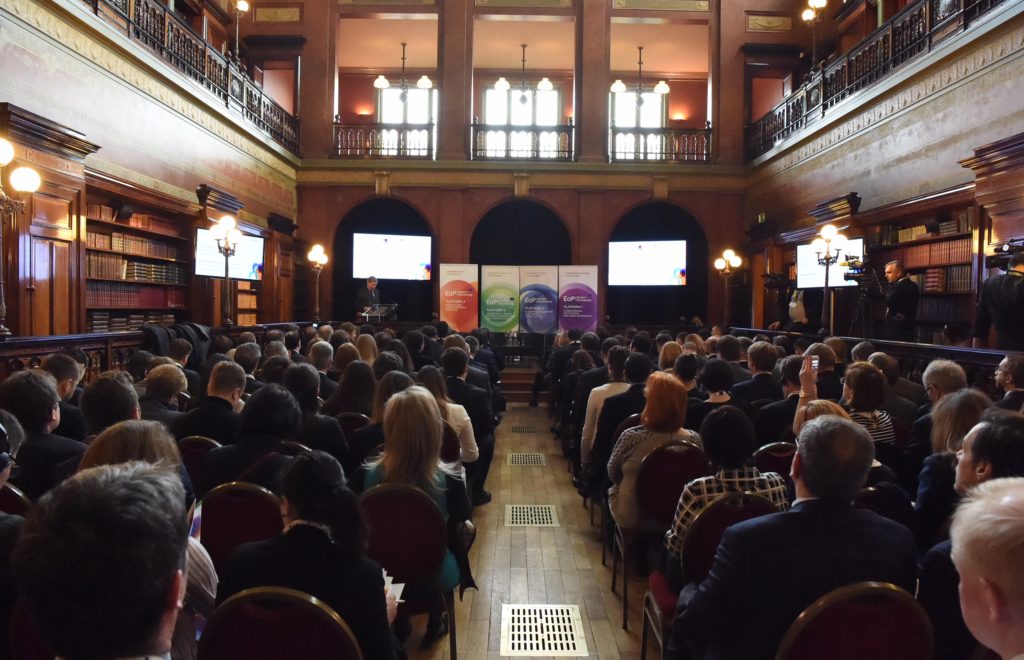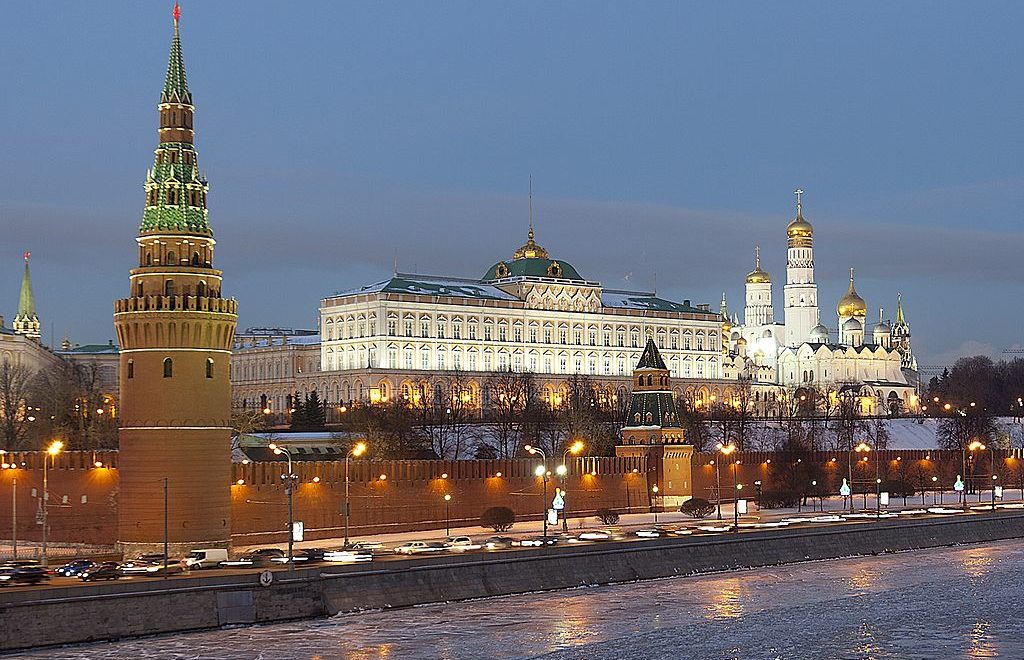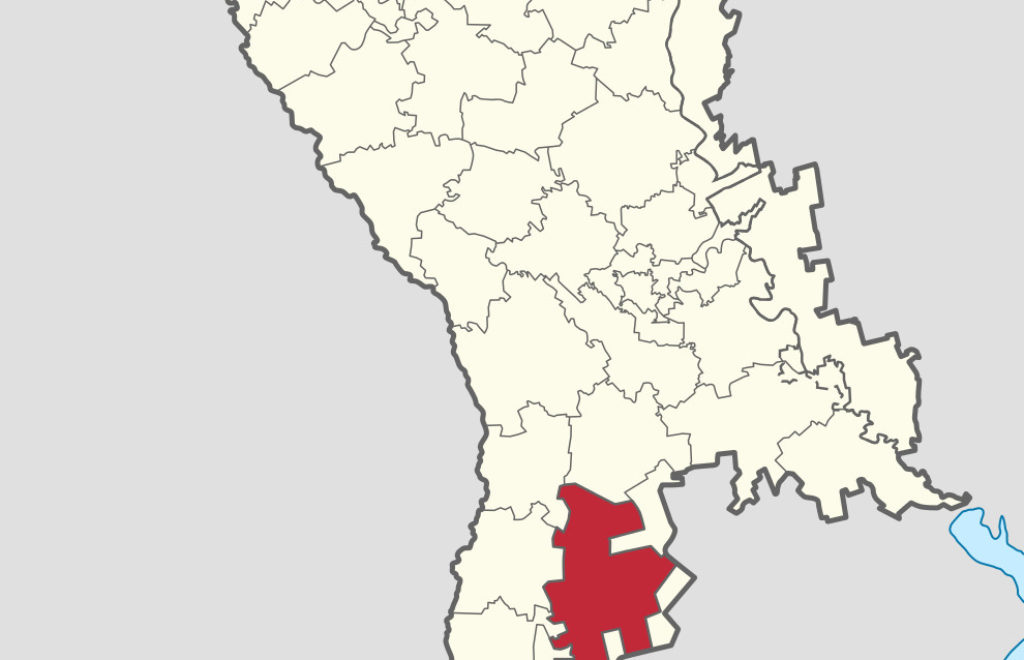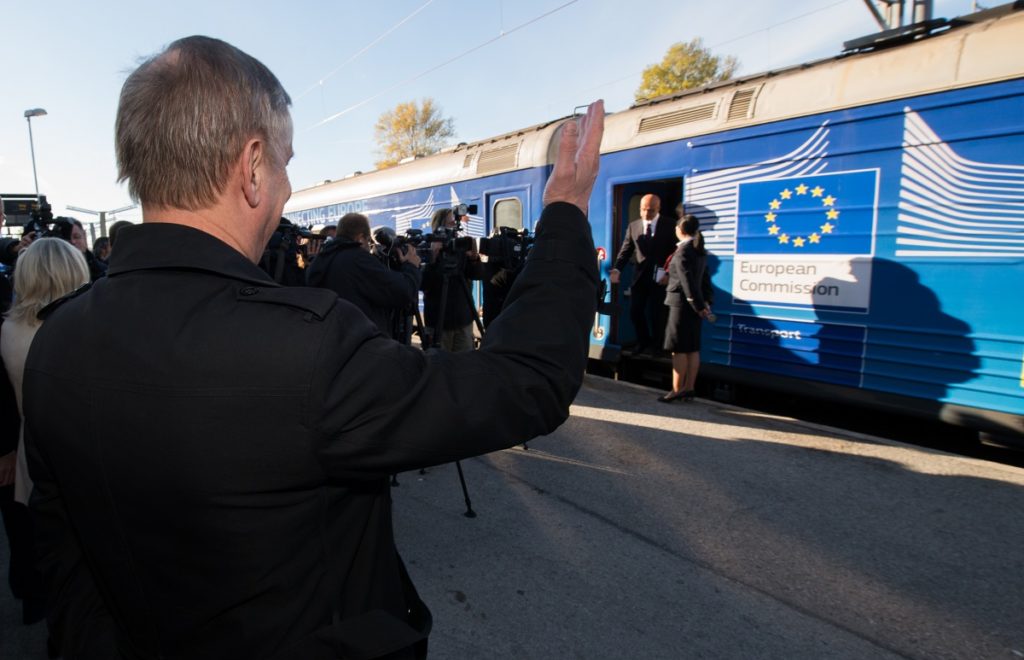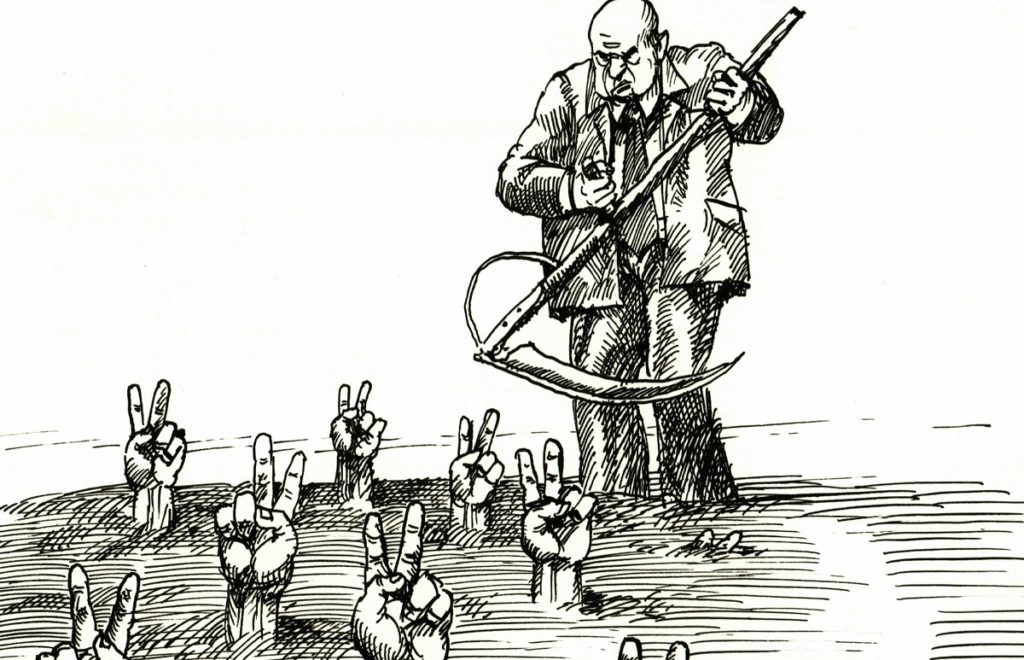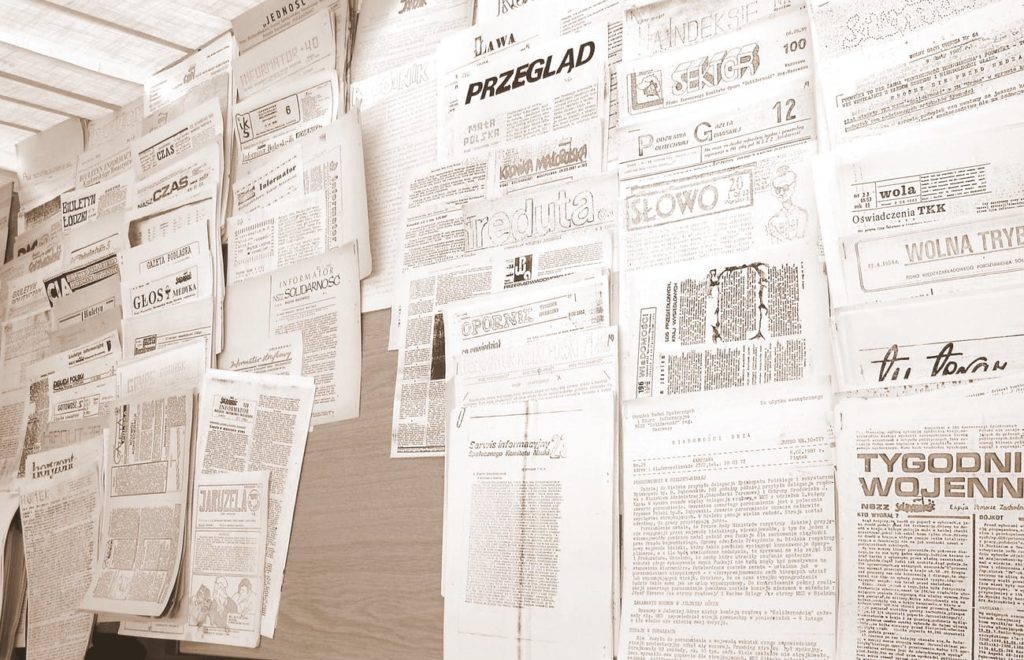We have an obligation and moral duty towards our partners in the East
IWONA REICHARDT: This year we are celebrating ten years of the Eastern Partnership, an important initiative aimed at integrating six Eastern European states with the European community. The implementation of this policy takes place on different levels, including that of local government. Wrocław, the city that you preside over, has a long history of co-operation with Eastern Europe and initiated numerous programmes in states such as Ukraine. How do you evaluate the Eastern Partnership from the perspective of local government?
JACEK SUTRYK: The Eastern Partnership has significantly contributed to bringing closer together and integrating the Eastern European and South Caucuses states with the European Union. Local governments play a very important role in this process. At this level a real interaction between nations takes place. Based on European values, standards and norms, we are developing co-operation in areas such as human rights, market economy, sustainable development and others. At the local level, the Eastern Partnership has also led to the development and strengthening of contacts between different institutions and NGOs.
May 2, 2019 - Iwona Reichardt Jacek Sutryk



